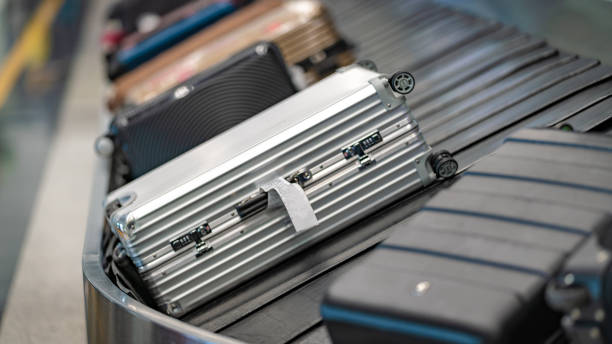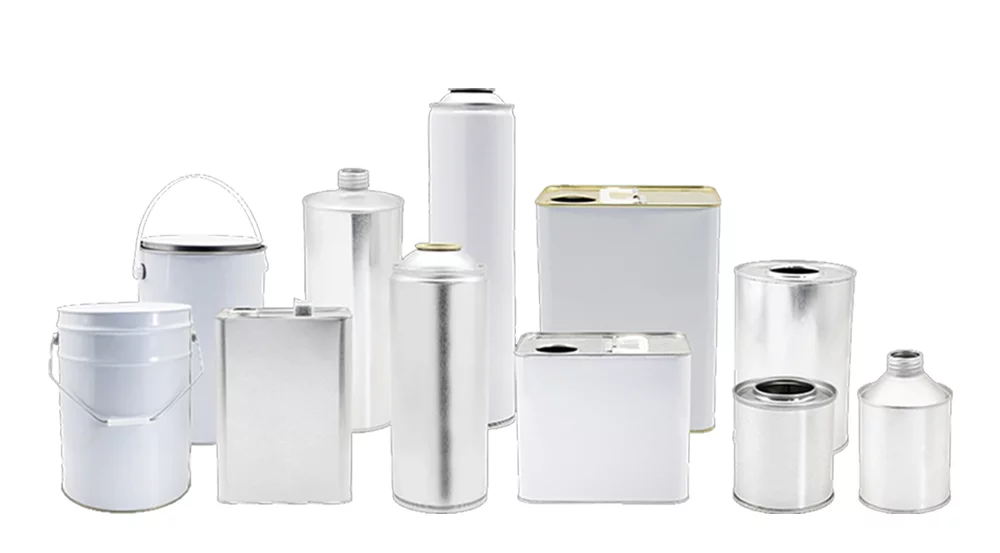In an age where almost every electronic device is powered by lithium batteries, air travel regulations surrounding these items can be confusing—and sometimes overlooked. Echter, putting lithium batteries in your checked luggage is a serious matter that can lead to confiscation, flight delays, or even onboard emergencies.
This article breaks down everything travelers need to know: why lithium batteries are regulated, what the rules are, what could go wrong, and how to safely pack your electronics for air travel.
? Why Are Lithium Batteries Dangerous on Planes?
Lithium batteries—especially lithium-ion and lithium metal—are highly energy-dense En chemically reactive. When damaged, improperly packed, or exposed to heat and pressure (such as those found in an aircraft cargo hold), they can:
-
Overheat
-
Catch fire
-
Explode
-
Emit toxic gases
These reactions stem from thermal runaway, a chain reaction where the battery heats itself uncontrollably, leading to combustion. The pressurized, isolated environment of a plane’s cargo hold can exacerbate these issues.
✈️ A fire in the cargo hold is far more dangerous than one in the passenger cabin because it’s harder to detect and suppress.
⚠️ Common Incidents Involving Lithium Batteries
Several aviation incidents prompted current battery regulations:
-
UPS Flight 6 (2010): Crashed in Dubai due to a lithium battery fire in the cargo hold.
-
Asiana Airlines Cargo Flight 991 (2011): Crashed after a fire, likely due to lithium batteries.
-
Over 250 fire or smoke incidents (2015–2020): Recorded by the FAA, related to lithium batteries on aircraft—often in carry-on luggage.
These incidents made it clear that unchecked lithium batteries are a genuine threat to aviation safety.
Regulations You Need to Know
The following regulations are commonly enforced by aviation authorities like the International Air Transport Association (IATA), Federal Aviation Administration (FAA), En ICAO:
? Spare (Loose) Lithium Batteries
Prohibited in checked baggage. Must be carried in carry-on only.
Voorbeelden:
-
Power banks
-
Extra laptop batteries
-
Rechargeable camera batteries
These must be protected against short circuit (Bijv., kept in original packaging, or with terminals taped or placed in separate plastic bags).
? Installed Lithium Batteries
Permitted in checked luggage if installed in a device (Bijv., laptop or camera), but:
-
Must be turned off
-
Device should be protected from accidental activation
-
Airline policies may still vary
⚠️ Watt-Hour (Wh) Limit for Lithium-Ion Batteries
-
Up to 100 Wh: Allowed in both carry-on and checked (if installed in devices)
-
100–160 Wh: Requires airline approval
-
Boven 160 Wh: Prohibited on passenger aircraft
? What Happens If You Violate These Rules?
? If Caught During Security Screening:
-
Bag flagged for manual inspection
-
Spare batteries removed or confiscated
-
In sommige gevallen, airline may refuse to transport the bag
-
Possible delay of luggage or flight
? If a Battery Causes a Fire in the Cargo Hold:
-
Aircraft will initiate emergency procedures
-
Fire suppression systems (halon or CO₂) may activate
-
Flight may be diverted for an emergency landing
⚖️ Legal and Financial Penalties:
-
Civil penalties up to $13,669 per violation (FAA, U.S.)
-
Airlines may ban you from future flights
-
Confiscated devices are not eligible for compensation
This is the official document of IATA(IATA:passenger-lithium-battery)
? Best Practices for Flying with Lithium Batteries
| Tip | Description |
|---|---|
| Use original packaging | Keeps terminals protected and prevents short circuits |
| Cover terminals | Use tape or plastic caps to avoid contact with metal |
| Distribute batteries | Spread them out among carry-on bags |
| Don’t use damaged or swollen batteries | They are a fire hazard and may be confiscated |
| Check airline and country-specific rules | Regulations can vary by airline and destination |
| Notify airline if carrying professional equipment | Bijv., camera gear or drones with high-capacity batteries |
? Differences by Country or Airline
While most airlines follow IATA guidelines, there can be variations:
-
China Eastern Airlines: Extremely strict on battery policies
-
Qatar Airways: Requires advance notice for batteries over 100 Wh
-
Lufthansa: Allows 2 spare batteries up to 160 Wh with prior approval
Always check your airline’s specific rules before flying internationally.
? Expanded FAQ: Lithium Batteries & Checked Luggage
❓Why are spare lithium batteries not allowed in checked baggage?
Because they pose a higher risk of short-circuiting or catching fire when unmonitored. Carry-on allows crew to respond to issues immediately.
❓Is it safe to pack a laptop in checked luggage?
Technically yes, but not recommended. If you must, ensure it is powered off, and the battery is under 100 Wh.
❓How do I know the watt-hour rating of my battery?
-
Check the label: Most batteries list “Wh.”
-
Or calculate:
Wh = V (voltage) × Ah (amp-hours)
Example: A 3.7V, 2.5Ah battery = 9.25 Wh
❓What if my battery doesn’t list Wh?
Estimate it using the formula above or check the user manual/product specs.
❓Are vape/e-cigarette batteries allowed?
Ja, but only in carry-on baggage, and they must be protected from accidental activation.
❓Can I bring lithium battery-powered tools or medical devices?
Ja, if the battery is installed and under 100 Wh. Inform the airline if using medical devices like CPAP machines.
❓Can I pack extra drone batteries in checked luggage?
Nee. Drone batteries must be carried in your carry-on, with terminals covered and stored individually.
❓Can I carry a large power bank?
If it’s under 100 Wh, it’s allowed without restriction. For 100–160 Wh, you’ll need airline approval. Power banks over 160 Wh are not permitted.
✅ Summary Checklist Before You Fly
-
Are all spare lithium batteries in my carry-on?
-
Are battery terminals protected?
-
Have I powered off all electronics in my checked bag?
-
Is every device securely packed?
-
Have I checked the airline’s battery rules?
? Final Thoughts
Lithium batteries are essential to modern life—but they come with risks, especially at 35,000 voeten. Understanding the rules and packing smartly can help you avoid delays, confiscation, or worse.
When in doubt, keep it in your carry-on, protect the terminals, and always inform yourself before flying.























